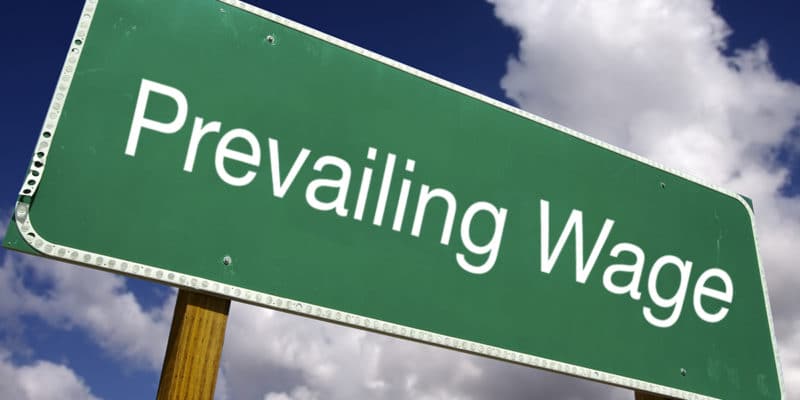May 28, 2019
Geoff Dornan
Gov. Steve Sisolak on Tuesday signed legislation repealing changes made by the Republican dominated 2015 Legislature that weakened Nevada’s prevailing wage laws.
The GOP raised the threshold for projects to require contractors pay prevailing wage from $100,000 to $250,000. They also directed the Labor Commissioner to set prevailing wages for public school and higher education construction projects at 90 percent of what would be required for other public works projects.
AB136 repeals both of those changes, restoring the law to what it was before 2015.
In addition, he signed SB231 which repealed language basically prohibiting contractors and subcontractors from entering into or adhering to any agreement with labor organizations when working on public projects. SB231 eliminates language that strongly discouraged public bodies from hiring contractors who have agreements with unions and prohibits public bodies from awarding grants, tax abatements credits or exemptions to contractors that enter agreements with labor organizations.
Sisolak said he was keeping his campaign promise to “return prevailing wage to public construction projects.”
He said that will help guarantee public construction projects are built by highly qualified workers and increase competition among those contractors.




